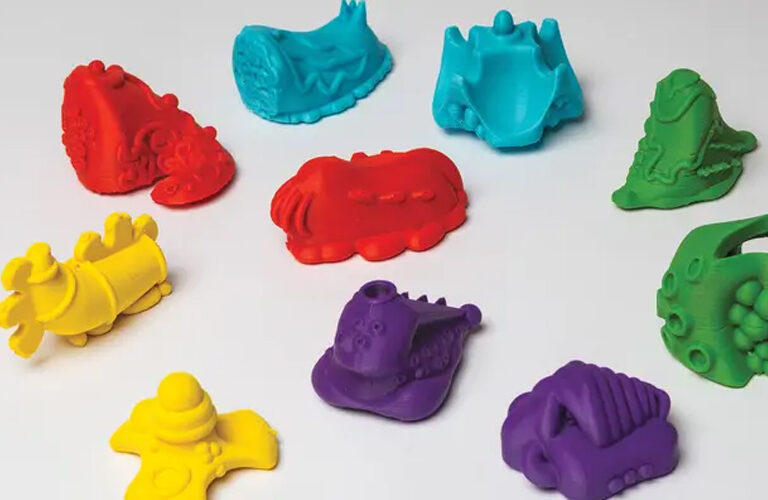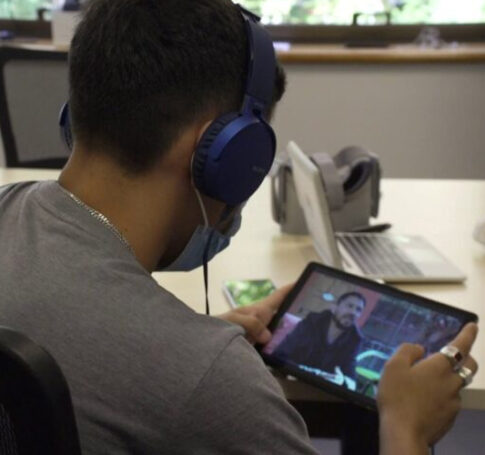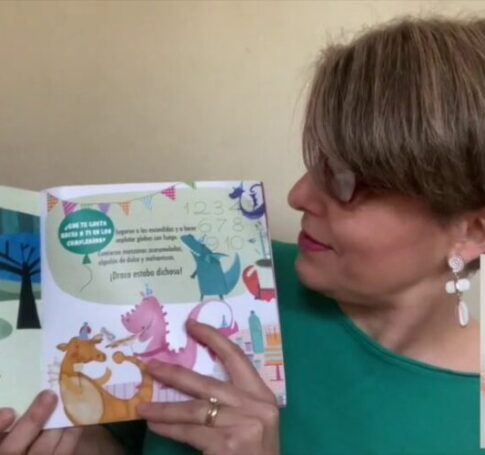
Description
The Polimorfes kit is a board game designed to develop research skills among high school and undergraduate students engaged in different disciplines, using playful activities that stimulate sensory skills and reflection, and assist with designing a research project.
The game contains a series of activities including 3D figurines, sheets of paper for creating images, and cards with questions aimed at developing research skills and providing an opportunity to take a first stab at project formulation. Although designed for high school and undergraduate students studying arts, humanities and social sciences, it can be extended to scientific disciplines.
Designed by an interdisciplinary team from the Núcleo Milenio Arte, Performatividad y Activismo (Arts, Performativity and Activism Millennium Nucleus), this proposal was selected to receive funding under the Impacta la Educación 2020 program which seeks to support innovative solutions in education under an interdisciplinary approach, where knowledge and skills are transferred in a real, student-centered context.
PROBLEM ADDRESSED
The lack of educational resources for secondary education is a problem that impacts the effectiveness of learning. This shortage of materials is even more prevalent in scientific and research areas, affecting the development of essential skills on school curriculums.
SOLUTION
A kit containing didactic activities for high school and higher education students, designed to develop research skills and hone students’ ability to conduct research independently, making the learning process and actual exercise more effective.
BENEFICIARIES
High school students and undergraduates
CAREER
August 2020 – UC EduLab’s Impacta la Educación program.
2021- Licensed to the company Bioquimica.cl
RESEARCH TEAM
- Milena Grass, research
- Pablo Cisternas, research
- Isabel Sierralta, research
- Pedro Álvarez, design
- Javier Ramirez, design
- Francisca Torres, design
With the support of:
- Amanda del Río, research assistance
- Bernardita Hoffman, research assistance
- Feranda Flores, research assistance
- María José Rauld, research assistance



